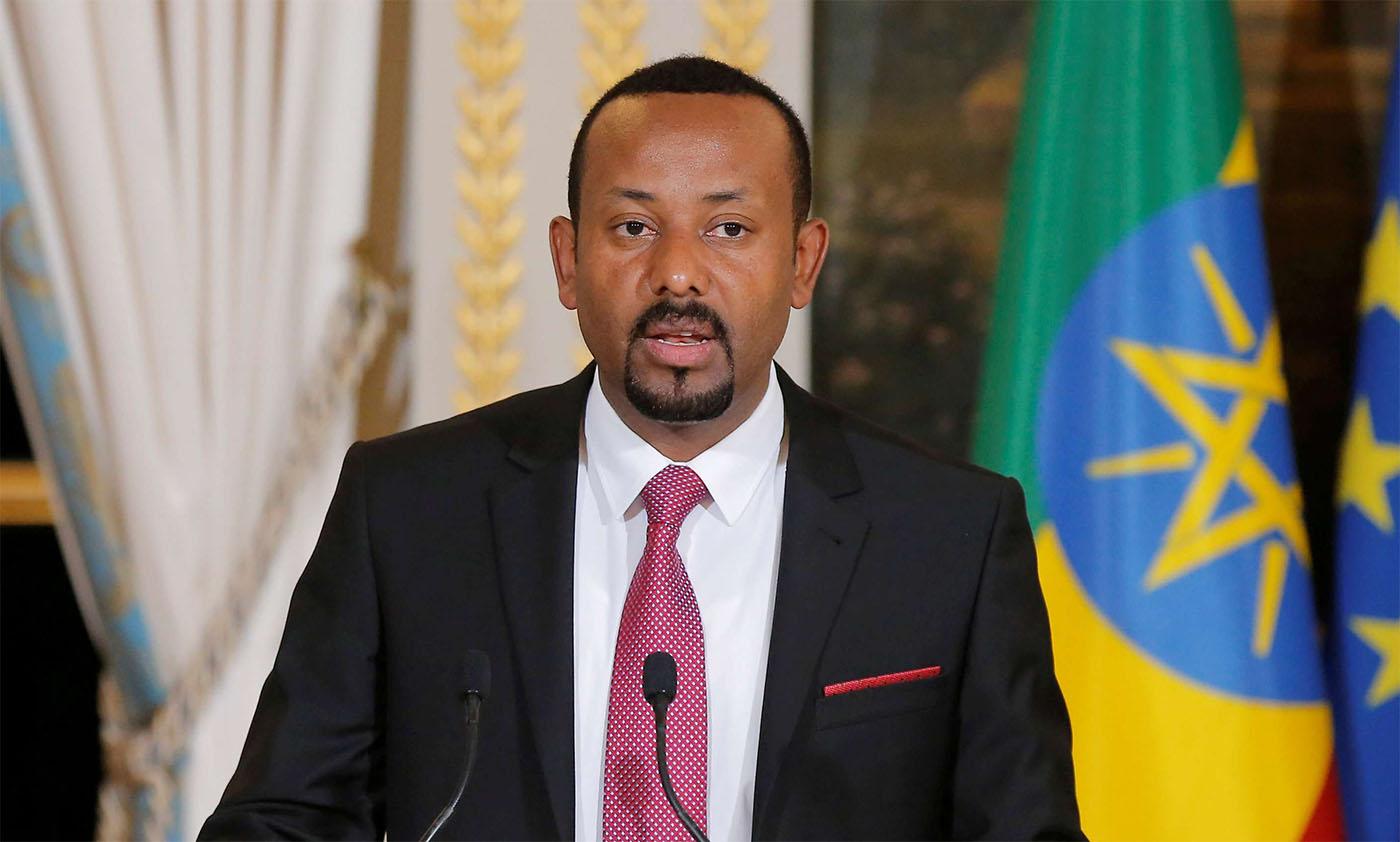
FETHI BELAID / AFP
Tunisia’s parliament gathered on Saturday for a vote of confidence that could see Prime Minister Habib Essid unseated after just a year and a half in office.
Essid’s government has been widely criticised for failing to tackle the country’s economic crisis, high unemployment and a series of jihadist attacks.
“I’m quite aware that the vote will be against me,” Essid, 67, told parliament ahead of the planned vote.
“I didn’t come to obtain the 109 votes (needed to remain in office). I came to expose things to the people and to members of parliament,” he said.
Voting is expected to take place at around 2300 GMT following several hours of speeches by MPs and a response by Essid, said the president of the assembly, Mohamed Ennaceur.
Essid has been under growing pressure since President Beji Caid Essebsi appeared on local television in June to slam the administration and propose creating a new government of national unity.
The premier said he would be ready to resign “if the country’s interest demanded it”, but has said he refused to leave under pressure without a vote of confidence.
If Essid loses the vote, Essebsi would be required to choose the “most suitable person” to form a new government.
Several parties, including the four that make up Essid’s coalition, have said they will vote to oust him.
Speculation is growing about a successor, but no front runner has emerged so far.
MPs on Saturday praised Essid for his “integrity” but also criticised his record.
Abdelaziz Kotti, of Nidaa Tounes, spoke of “a big economic crisis… and a government incapable of finding solutions and giving Tunisians hope.”
Former prime minister Ali Lareyedh, of the Islamist Ennahda party, said the government had been “too weak”.
“It is time for a change,” he said.
Pressure to quit
Essid had already been forced into a broad reshuffle in January, when the country witnessed some of its worst social unrest since the 2011 uprising that toppled longtime dictator Zine El Abidine Ben Ali.
His supporters have condemned “pressure” from supporters of Hafedh Caid Essebsi, the president’s son who is among the leaders of the Nidaa Tounes party.
Essid defended his record on Saturday, accusing his detractors of “pretending to forget” progress his government had made in fighting terrorism.
“This government was built to last… because the situation in our country required continuity,” he said.
He was applauded at several points during his speech.
Tunisian media doubted that Essid’s departure would solve the country’s problems.
“Will the departure of Habib Essid and his team resolve the enormous difficulties facing the country? It would be naive to think that the rescue of the country depends on a government of national unity,” wrote Le Quotidien.
“The biggest fear today is a political void,” said La Presse.
Tunisia, whose 2011 uprising inspired similar revolts across other Arab countries, has been touted as a regional example of a successful transition to democracy after a revolution.
But successive governments have struggled to tackle a jihadist insurgency and to revive the flagging economy.
Security forces frequently engage in deadly clashes with extremist groups in the mountainous west, and last year the Islamic State group claimed two high-profile attacks that killed 59 foreign tourists.
The country has been in a state of emergency since November, when a suicide bombing, also claimed by IS, killed 12 presidential guards in Tunis.
Economic growth slowed to 0.8 percent last year from 2.3 percent in 2014, and unemployment nationwide stood at 15 percent at the end of last year.






